Boom or bust
With many retailers shuttering their stores or making plans to downsize here (think Metro, Wing Tai or HMV), one might be inclined to think that the environment is, well, not for the fainthearted if you wish to survive for the long haul.
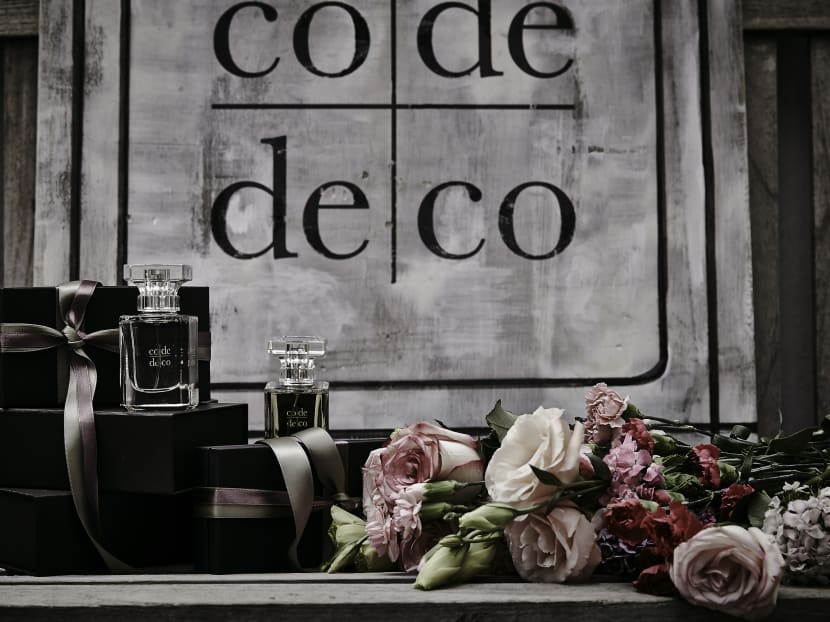
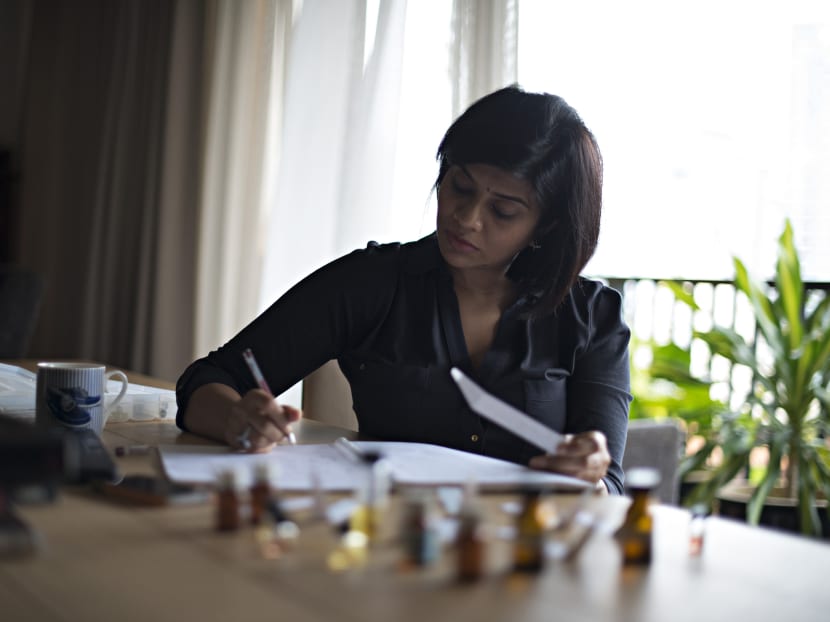
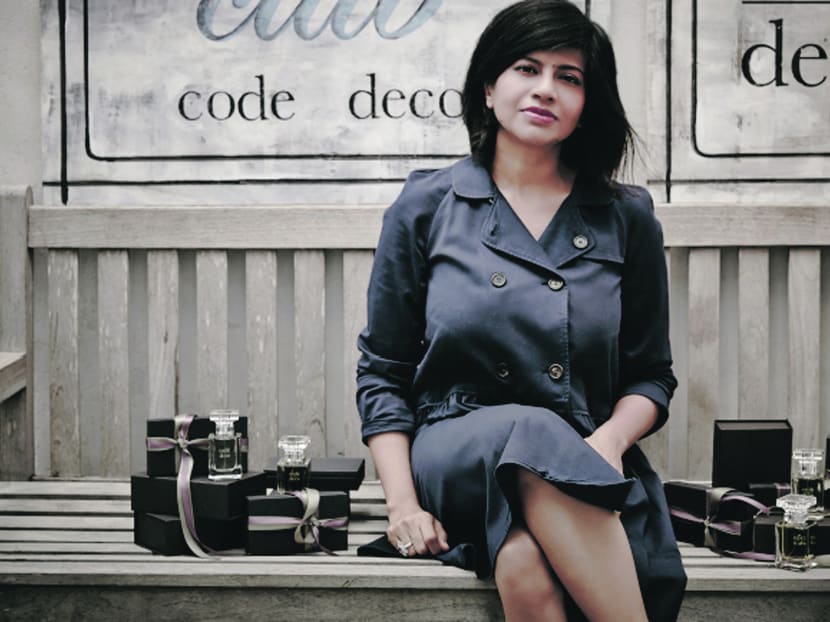
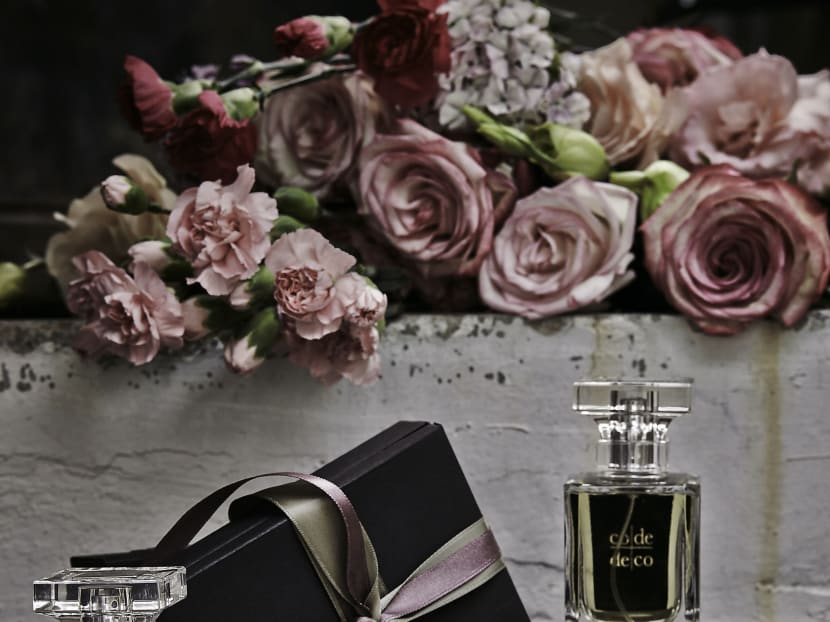
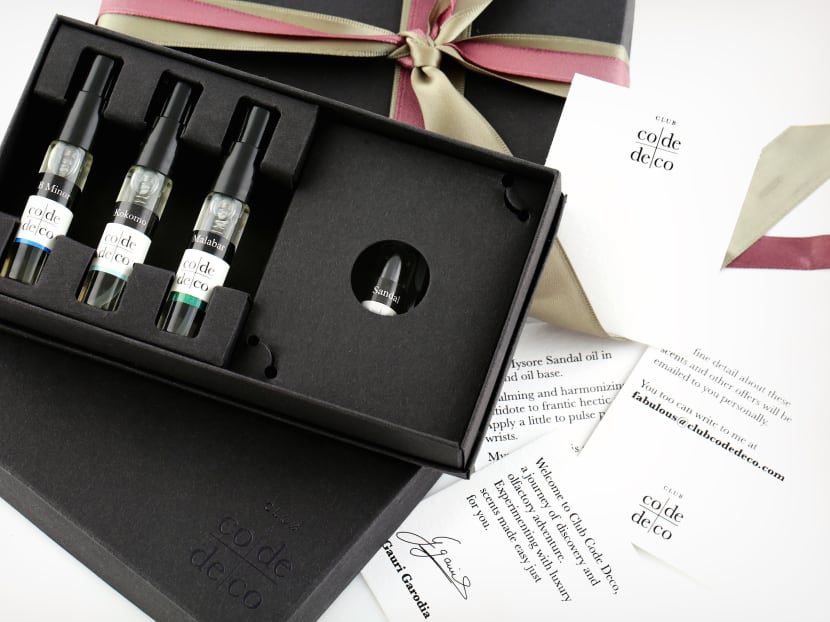
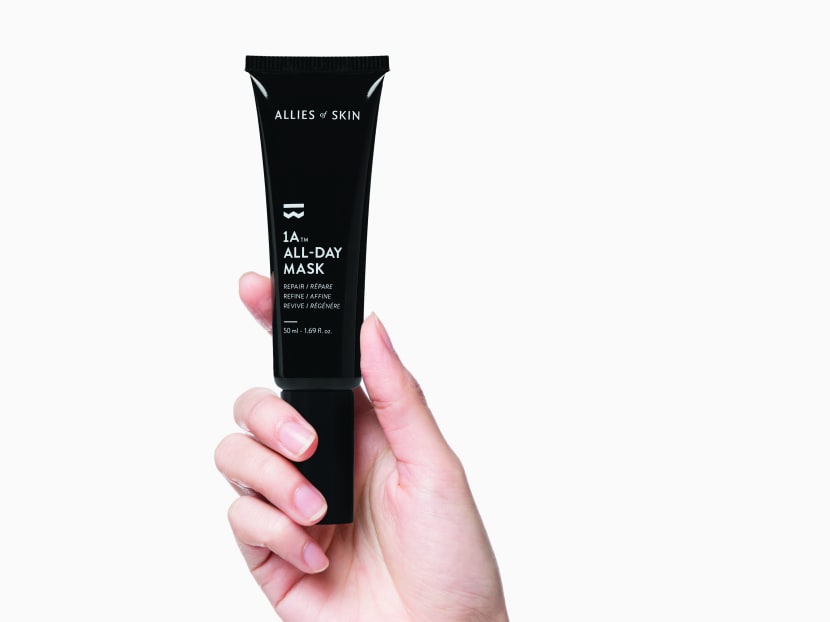
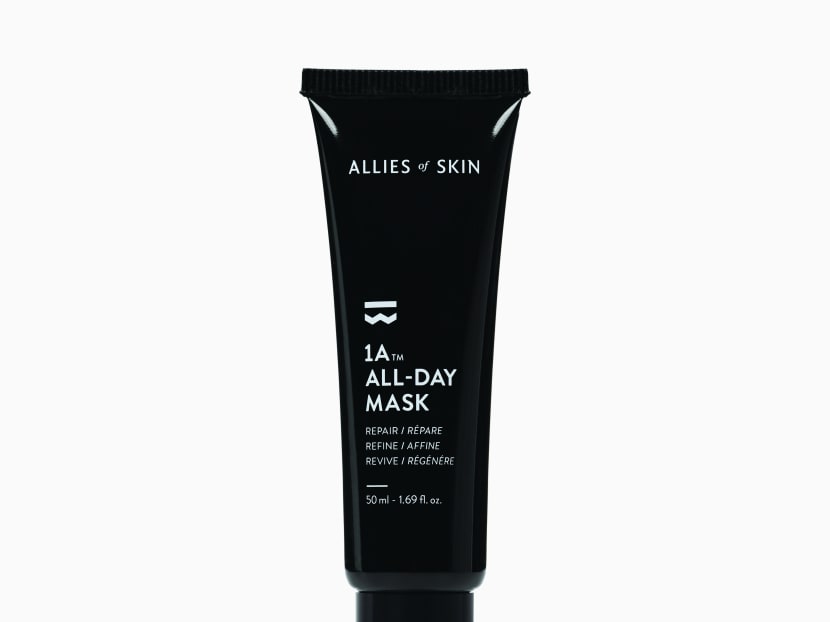
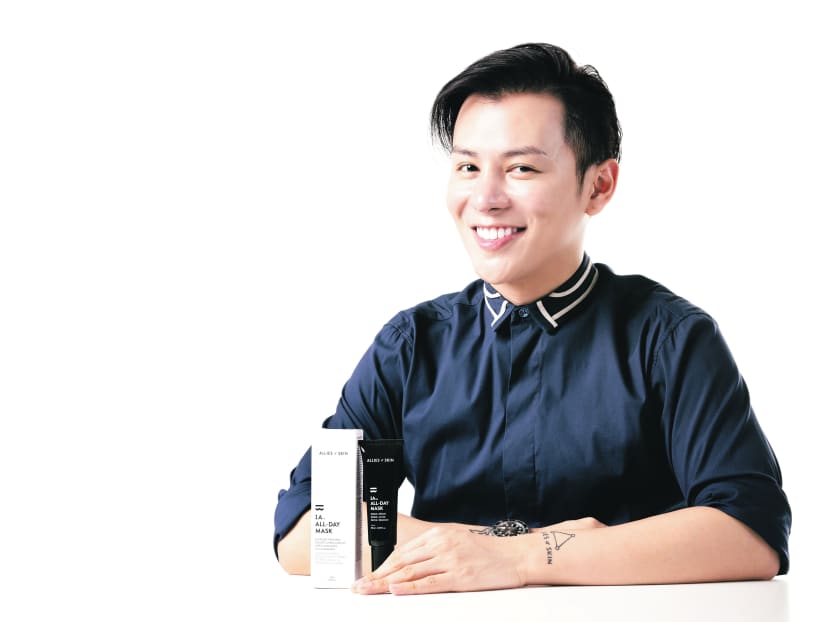
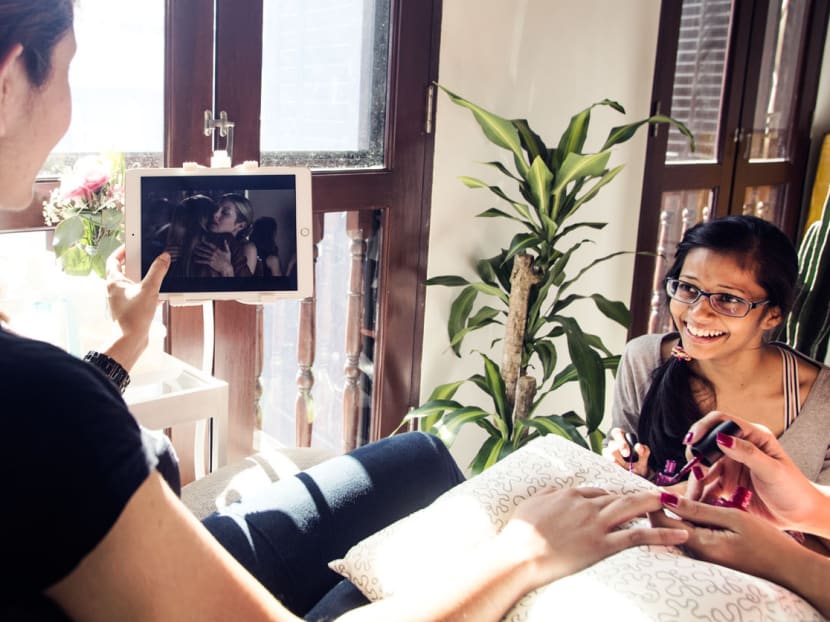
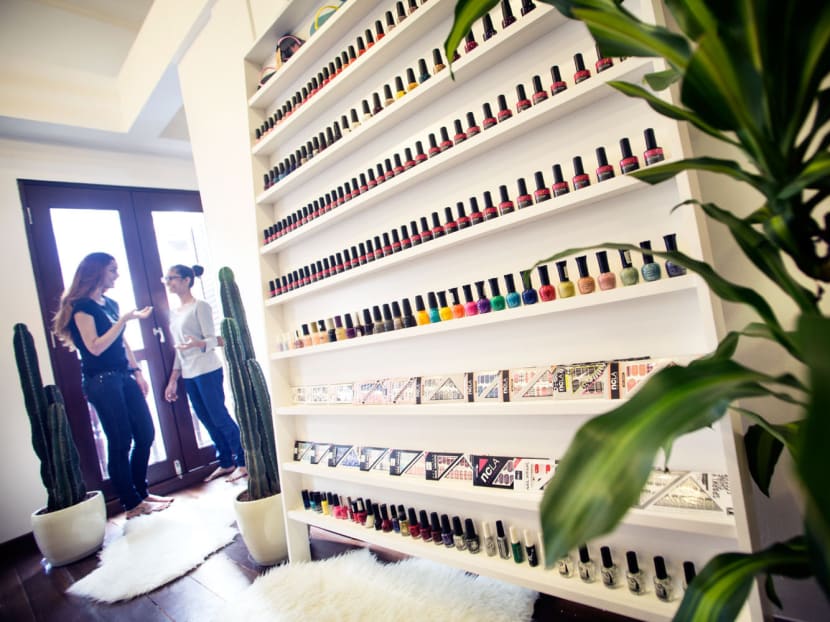
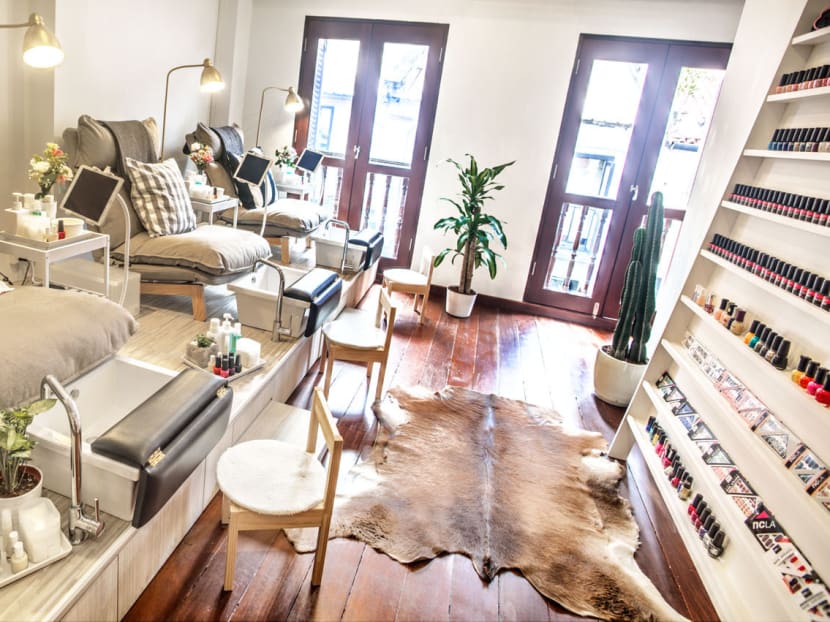
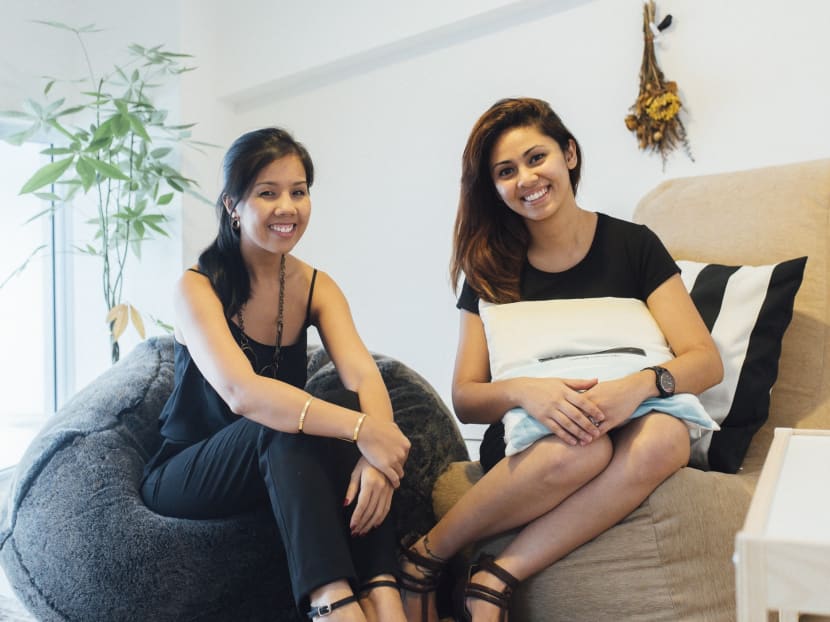
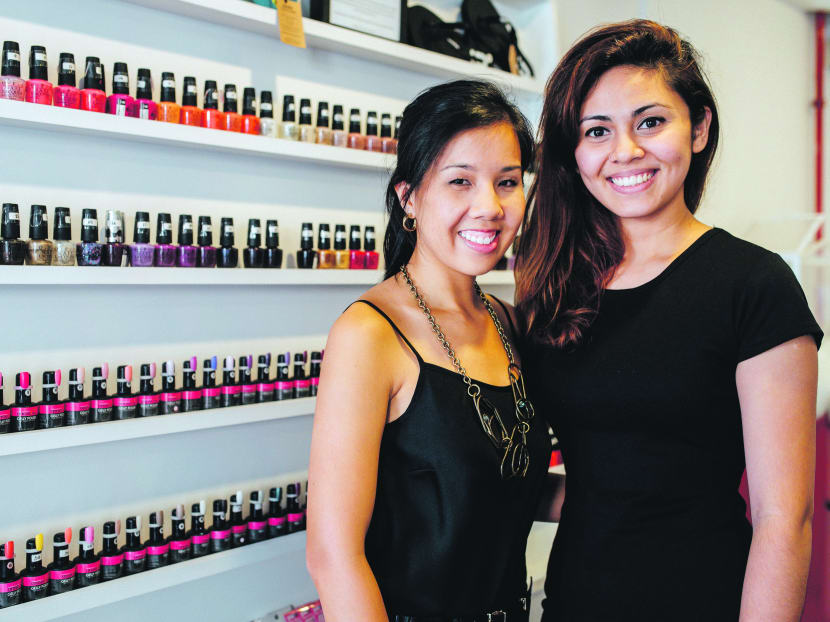
With many retailers shuttering their stores or making plans to downsize here (think Metro, Wing Tai or HMV), one might be inclined to think that the environment is, well, not for the fainthearted if you wish to survive for the long haul.
It’s especially challenging in the beauty industry, with the market dominated by big cosmetic companies from the United States, Europe and Japan, as well as the recent rise in South Korean beauty products, otherwise known as the K-beauty wave.
But some homegrown companies are unfazed by the competition, confident that they can beat the odds with their niche products and services, in a David versus Goliath way.
INNOVATE AND CREATE
Nicolas Travis, founder of new skincare company Allies Of Skin, seems to think so. He is banking on his products’ innovation to stand out from the busy crowd. The 27-year-old, who has a Master’s in International Business and a Bachelor of Science in Pharmaceutical Management, quit his job in an advertising, marketing and public relations agency and plunged into creating his own products. It was an endeavour that cost him a six-figure sum.
His first product, concocted with his chemists in the United States, is the 1A All-Day Mask (S$99 for 50ml), which is designed to work under one’s make-up and sunblock, and requires no washing off, which he proudly said is the first ever in the market.
The product came about because he wanted a mask that could be worn during the day, wouldn’t clog his pores, and would make him look good throughout the day. But he couldn’t find one. With necessity being the mother of invention, he decided to make his own.
After 10 revisions, extensive testing and six months of clinical trials, the day mask was born — sans parabens, sulphates, silicones and mineral oils, just to name a few from the laundry list. “I feel I can make a difference. I want to empower people through great skin, one product at a time,” Travis said.
He’s not stopping there. He’s planning to launch a mist and an overnight mask next year.
Travis is well-aware of the odds stacked against him, but he is betting on his products’ quality to come through. “We don’t have the big bucks that the other big brands have but what we have is innovation. We are the only ones with the day mask right now,” he said. “Every product is only launched after a series of clinical trials, so I’m very confident — it’s been proven that it works.”
He is also counting on his product being complementary to what is out in the market. “There is no adoption risk at all. Even if you have a thousand-dollar existing Lancome, La Mer or SK-II regimen, you can still use our mask ... it plays well with others,” he said.
The challenge, however, is educating people on its use as well as its ingredients. “We are trying to disrupt the status quo, and there are people who will ask: ‘Are you sure I can mask twice a day? Are you sure it’s going to hydrate enough without silicones?’” he said.
Silicones are widely used in cosmetics and haircare, and are known to hydrate and make one’s skin look softer and hair look silkier. But research has increasingly shown that silicones can accumulate and be difficult to get rid of.
He said: “A lot of times people are just used to that false sense of security or that brilliance that you get with a lot of silicone products. They are going to wonder, ‘I don’t see an immediate gratification, does it mean it doesn’t work?’” It does not, he said, pointing out that it might take a while for the concept to settle in. “I do see this catching on, and people would say that this works and come in trying to undercut what I’m trying to do,” he said with a smile.
To save costs, he is sticking with an online store for now, but does not write off the possibility of a brick and mortar store in future. He is also working with partners to launch his products overseas.
While he acknowledges that many are struggling to sustain themselves in the business, he foresees “doing this for the rest of my life”. “I feel like there isn’t really an expiry with beauty, because people get older every year ... There is always a demand that’s going to be there with skincare products, especially well-formulated products that work.”
SMALL BUSINESS, BIG DREAMS
Good products are definitely key to success, concurred Gauri Garodia, founder of two-year-old niche perfumery Code Deco.
“My business model was: Let’s create a product that is outstanding,” said Garodia, who has 20 years of experience in the international perfume industry.
“What’s in the bottle has to be better than anything that is out there. And having been in the business, my nose tells me that yes, we are up there with the best,” she said.
In fact, expert noses have reviewed her products and concluded that the perfumes are “better than a lot of what is available out of New York or Paris right now”, she added.
Garodia made a deliberate choice to keep costs low, choosing not to have an outlay on advertising or celebrity endorsements but to focus wholeheartedly on developing her products. She also chose not to have huge commercial tie-ups with big brands. Instead, she displays her products in small independent stores.
“I think what happens is a lot of businesses over-leverage, they try to grow too big. Their goals are excessively optimistic and their outlays are high. So in six months, the pressure builds up to either do something or to burn out. That makes it very risky,” she said.
She manages her money by only financing her projects through revenue earned. “We’ve negotiated talks (with partners) which allowed us to be robust and to not go broke. So I’m pretty certain ... we will expand in a sustainable manner.”
Social media, Garodia said, has allowed her to reach out to customers at low cost and lower the barrier of entry.
She pointed out that her target market is the growing percentage of people who are discerning, well-travelled and who care less about brand names and more about quality.
To up her game, she recently launched Club Code Deco, a membership subscription programme that, at S$45 monthly, allows members to receive three Code Deco creations (3ml), which are either what is already retailing or sneak peeks of upcoming new scents, as well limited-edition ones meant only for members.
Garodia, who is a Singapore permanent resident, said she is aware “there is only so much you can sell in Singapore”, given its population size.
“I never saw the future of Code Deco as being linked to one city ... It’s never about selling more to a limited market, it’s about growing your market,” she said.
Code Deco perfumes are currently found in boutiques in New York, Mumbai, Bali and Delhi. She is launching her perfumes in all the big cities in the Middle East, and once that is stable, she will cast her sights at other places such as South Korea, she said.
For Club Code Deco, they are testing it out in Singapore and, if it works, it will be rolled out in other big cities.
For an Asian brand, it is an uphill battle to convince others that it is on par with European cosmetic houses, she noted. “But for me, it was to put everything into the product, and the rest will follow.”
MAKING EXPERIENCES COUNT
As for new nail salon The Nail Social, it was set up to “fill a gap in the industry between the neighbourhood salons and high-end spas”, said its co-founder Cheryl Ou.
Their unique selling point is the experience and “exceptional service” — customers can enjoy their offerings in an intimate setting while being entertained by a personal iPad pre-loaded with Netflix movies, Korean dramas, games, magazines and books. They also have a choice of drinks and snacks, as well as complimentary wine on Friday and Saturday evenings.
The salon doubles as a social enterprise, providing vocational skills training and sustainable employment to underprivileged women. They also use organic, fair trade and cruelty-free products.
The choice to use such products, as well as the fact that they sponsor the professional course fees and learning materials for their staff, means their monthly overhead costs are substantial, said Ou.
But she feels it’s a worthy investment. “I knew there had to be more to running a business than purely chasing profits and I wanted to use business to do good,” she added.
She knows full well that she is working under a competitive market. “We went in with our eyes wide open, and made sure we differentiated ourselves well and addressed as many issues as possible to ensure sustainability,” she noted.
“While it is important to always watch our bottom line, our business was built more on heart than anything else, so we are in this for the long haul.”
They plan on opening another two or three salons as well as diversifying and increasing their service offerings in the next two years.
“The reality of running a business anywhere is that some make it and some don’t. As an entrepreneur with a business that provides opportunities for women from disadvantaged backgrounds, all I can do is to keep working as hard as I can, learn from my mistakes and try my best to remain nimble, unique and authentic to ensure that we continue growing sustainably.
“Yes, many businesses have closed down but many have also grown to become internationally recognised brands,” she added.
“I choose to focus on that potential instead.”
Allies of Skin is available online at http://www.alliesofskin.com/collections/products.
Code Deco Perfume is at PACT, Orchard Central, #02-22.
The Nail Social is at 42A Haji Lane (second floor).





